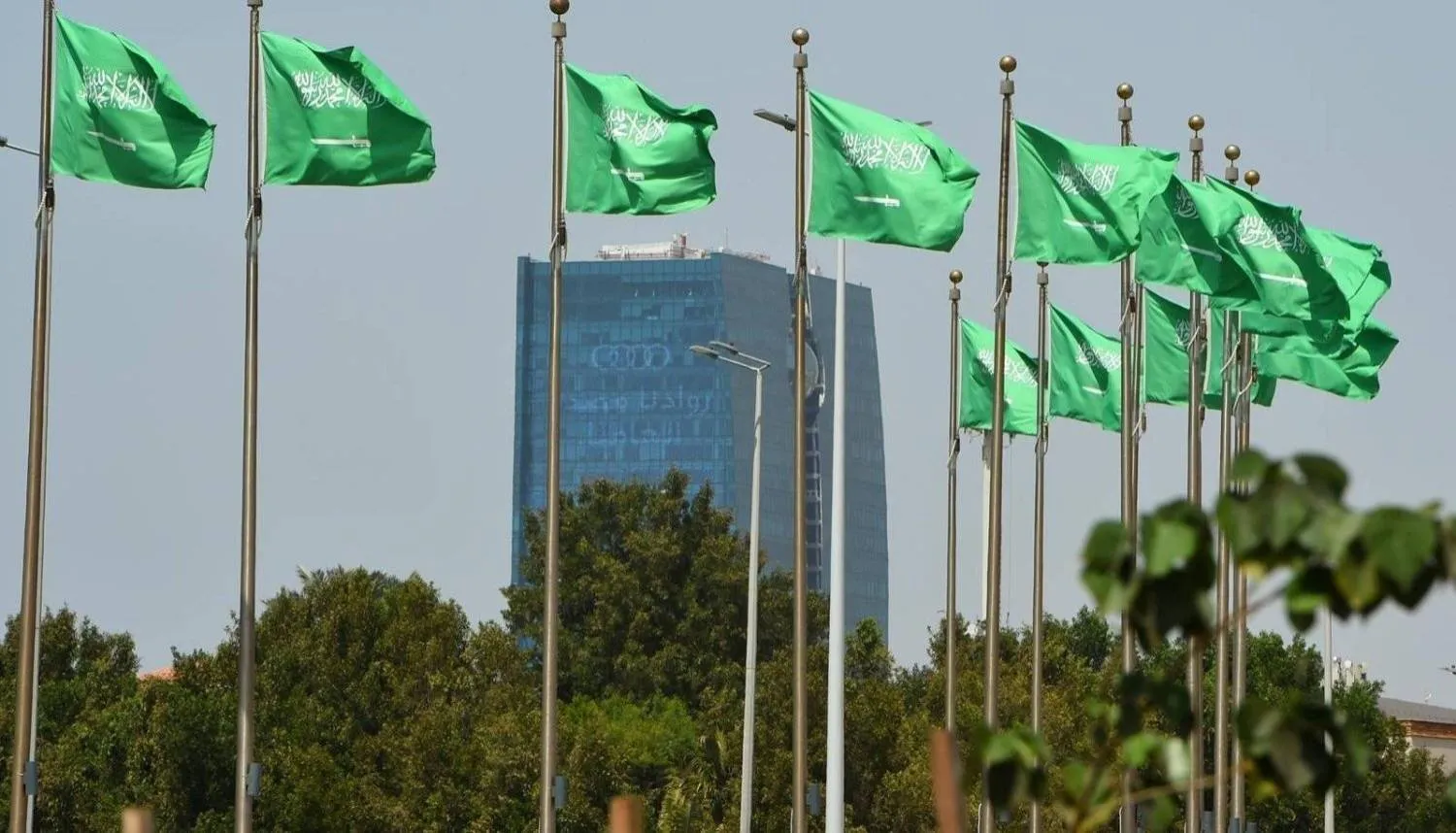Saudi Arabia has offered a record amount of aid relief to countries in need, reaching 130 billion dollars, revealed new official figures.
This makes the Kingdom among the top three leading global donors of development and humanitarian aid.
From Punjab to Jerusalem
The Kingdom can trace back its record in relief aid to the mid-20th century. In 1950 and under the directives of the founder King Abdulaziz, it sprang to offer humanitarian aid to the victims of floods in Punjab that claimed around 2,900 lives.
The following year, Saudi Arabia set up a major school in Jerusalem where 500 students received comprehensive care and education. King Abdulaziz dedicated 100,000 dollars to the school every year.
Egypt and Yemen
A total of 169 countries have benefitted from the Saudi Arabia’s aid. Six Islamic countries, including five Arab ones, have received the most aid. Egypt tops the list with over 32 billion dollars in aid, followed by Yemen with over 26 billion, Pakistan with around 13 billion, Syria with over 7 billion, Iraq with 7 billion and Palestine with over 5 billion dollars.
Saudi Arabia has executed 7,019 humanitarian, charitable and development projects in these 169 countries. Eighty-eight percent of the projects were dedicated to development.
The number of education projects reached 1,861, food security and agriculture 975, health 750, support and coordination of humanitarian operations 324 and support of budgets 308.
Aid dedicated to the displaced reached 22 billion dollars. Yemeni refugees received over 11 billion dollars alone and Syrians over 6 billion.
KSrelief
On May 13, 2015, Saudi aid embarked on a new chapter with Custodian of the Two Holy Mosques King Salman bin Abdulaziz’s inauguration of the King Salman Humanitarian Aid and Relief Center (KSrelief).
King Salman said at the time that the center will be dedicated to humanitarian aid, away from any other motives, and that it will cooperate with relief organizations to achieve its goals.
Since then, KSrelief has carried out around 2,674 humanitarian and relief projects, worth over 6 billion dollars, in 99 countries. It has focused its energies on vital sectors, such as food, education, health, nutrition, water, shelter and others. It has been carrying out its work without discriminating against nationality or country.









